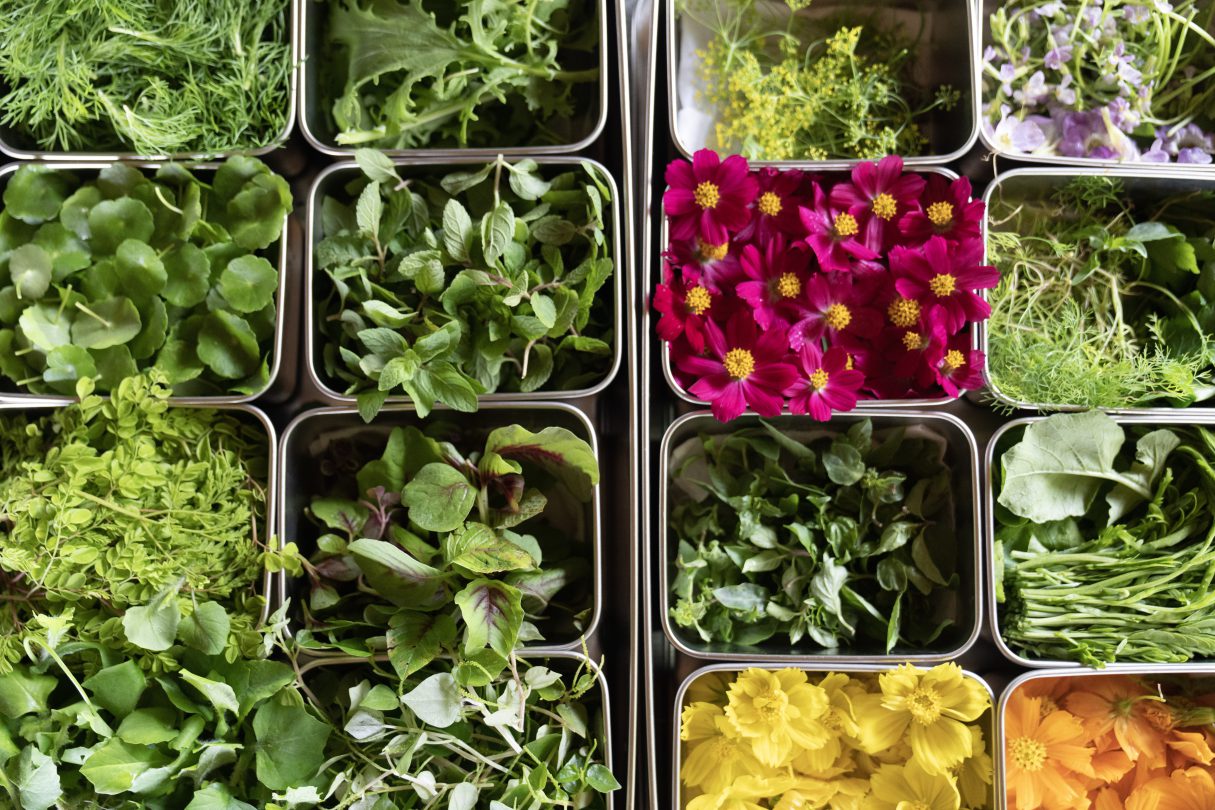
Plant-based Reset
Monday, 12 December 2022
blogs
Since the recent pandemic began, more and more people around the world shifting towards plant-base diet for reason relating to health and immunity. The survey estimated that in past few years, nearly 18% people in U.K. and 39% in U.S. have considered to eat more vegan and/or vegetarian food.
A plant-based diet is eating pattern focus on food item and product made from plant source - These includes not only vegetables and fruits but also nuts and legumes, seeds, grains. - coupled with lower or no consumption of animals and its products. Those who follow plant-based dirt diets are categorized as:
 WHO European Office for the Prevention and Control of Noncommunicable Diseases Plant-based diets and their impact on health, sustainability and the environment
WHO European Office for the Prevention and Control of Noncommunicable Diseases Plant-based diets and their impact on health, sustainability and the environment

 WHO European Office for the Prevention and Control of Noncommunicable Diseases Plant-based diets and their impact on health, sustainability and the environment
WHO European Office for the Prevention and Control of Noncommunicable Diseases Plant-based diets and their impact on health, sustainability and the environment
- Vegan diet is totally free from all animal products like milk, cheese or egg. and (usually) honey.
- Lacto-vegetarian diet excludes meat, fish, and eggs, but include dairy products such as milk, cheese, yoghurt and butter.
- Lacto-ovo vegetarian diet eats eggs and dairy, but not meat or fish.
- Ovo-vegetarian diet excludes meat, fish, and dairy, but allow eggs.
- Pesco-vegetarian (Pescatarian) diet eats fish, dairy and eggs, but not meat.
- Semi-vegetarian diet is primarily vegetarian but include animal products on occasion.
Why plant-based?
Many reports have found a positive impact of plant-based diet, including lower risk of NCDs, support immune system, reduce inflammation, and improve gut’s health.- Low consumption of vegetables and fruits can increase risk of NCDs - Noncommunicable diseases. Majority of plants provide less calories and fat compared to animal products, while giving fiber to maintain body weight and lower risk of cardiovascular disease, stroke, and diabetes.
- Vegetables and fruits have phytochemicals – The bioactive nutrients found in plant such as carotenoids, flavonoids, and curcumin - boosting human immunity by catching free radical, reduce oxidative stress, and promote liver detoxification.
- Refined carb, sugar and fried food can trigger inflammation in your body. Vitamin C, E and minerals like selenium act as antioxidants protects tissue from free radical damaged and reducing viral infection.
- Plant-based containing fiber which improves the health of your gut. Fiber is the fuel for your gut bacteria so your gut gets healthier and absorb nutrients better.

Preparing to be plant-based eater
Even the evidence show that plant-based diet has a great health effect, but it relies on what choices do you choose. A healthy plant-based meal should consist of proper portions of vegetables, fruits, whole grains, healthy protein, and healthy oils.| Eat less | Eat more |
|
|
|
|
|
|
|
|
|
|
|
|
|
|
Limit sugary desserts and carbonate drink as well and make sure you are picking whole grains and vegetables regularly.
In summaryStart eating more plant food could be easier when you focus on what you can do not what you can’t. If you are considering to be plant-based person, just focus on getting 400 grams or 5 servings of fruits and vegetables a day first, then find the way adding more protein to your daily meal to satisfy your body.
©COPYRIGHT 2020 TRI VANANDA ALL RIGHT RESERVED



